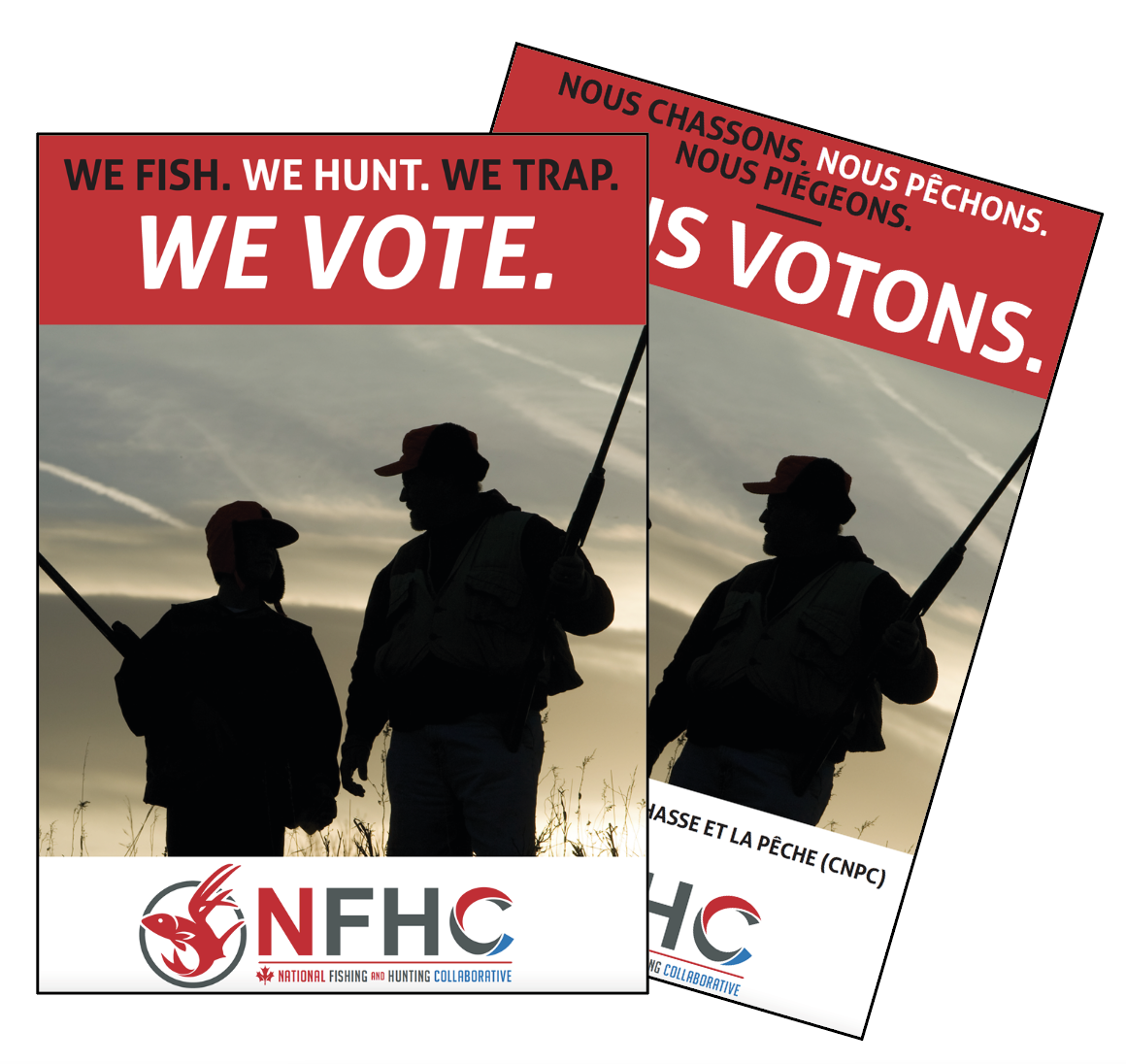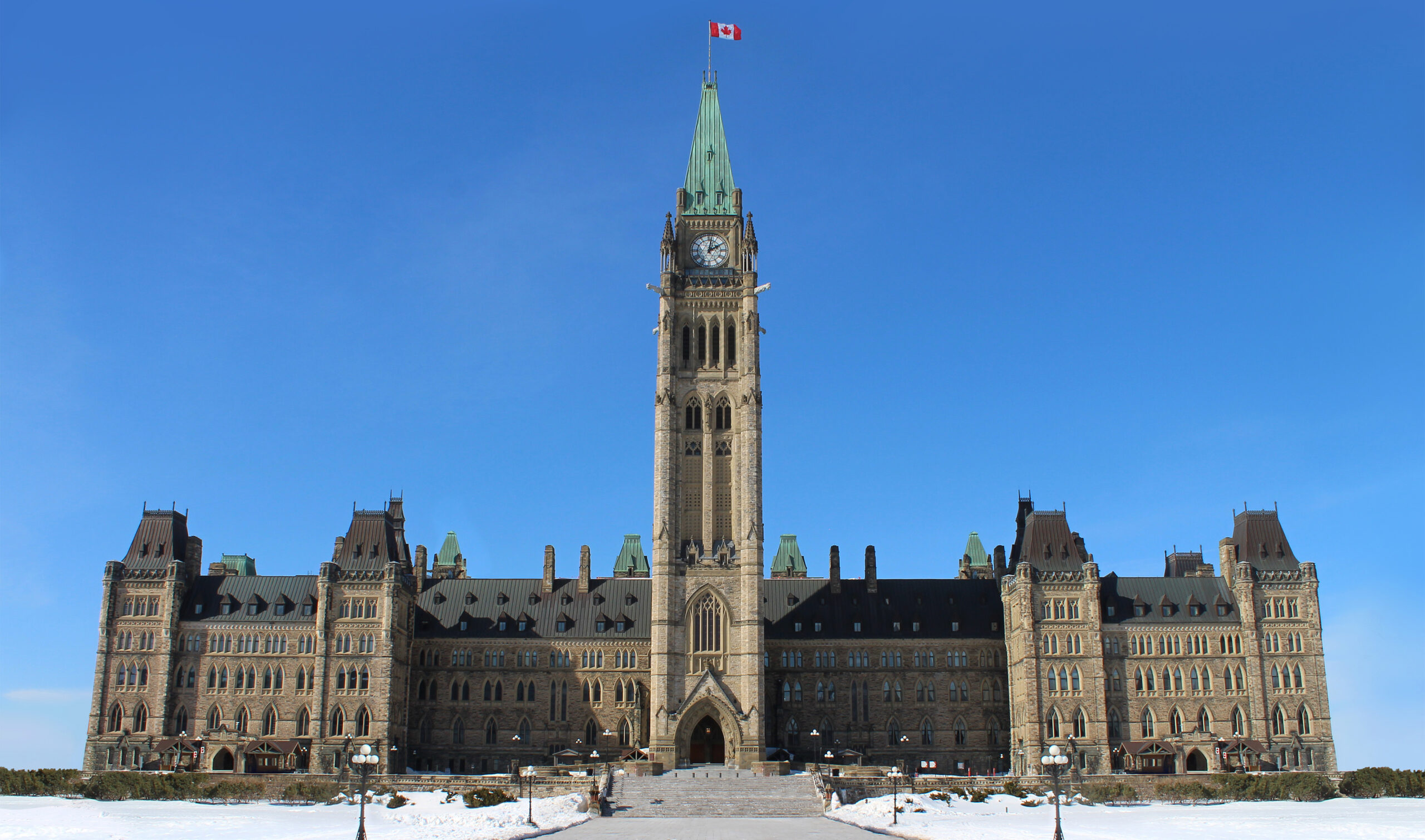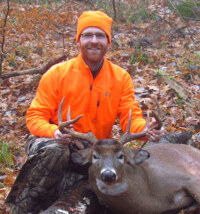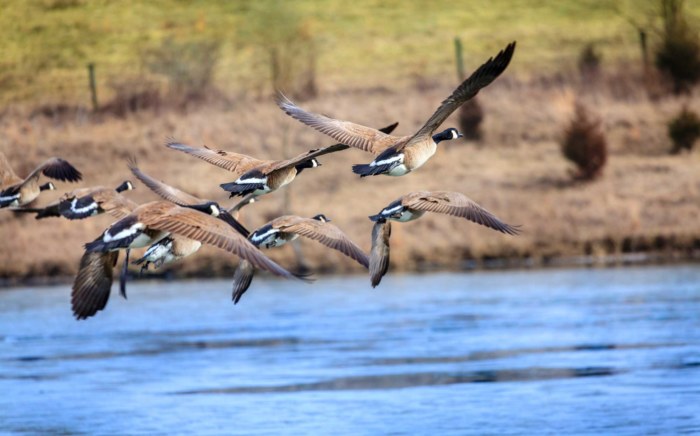Conventional wisdom may say it’s taboo to talk about politics, but it has such an influence on fishing and hunting that, for us, it’s hard to ignore ahead of the September 20, 2021 federal election.
A lot has changed around us since the last election, but our priorities for fishing, hunting, and broader conservation remain the same.

For the second straight election, we’ve teamed up with our provincial and territorial affiliates under the banner of the National Fishing and Hunting Collaborative (NFHC) to express our expectations of the next government, and on August 20, we sent a letter to all major federal political parties on behalf of the NFHC seeking commitments from each of them related to our national priorities.
I know many anglers and hunters feel that options are limited when it comes to political support of fishing and hunting, so if you are yelling at your screen saying “there is only one option”, you’re probably not alone. But, establishing priorities, pushing them with political parties, and sharing information with our members is about more than helping the undecided, it’s important for the Federation’s ongoing and long-term political advocacy.
So with that, here are eight reasons we use elections to talk about fishing and hunting:
Show national unity on important environmental issues
There wasn’t a national fishing and hunting organization, so we made one, connecting the existing provincial and territorial fishing and hunting organizations that share many priorities across the country. We were already working together but felt it was too easy for governments to ignore or downplay our interests without a coordinated ‘national’ presence. So now we have one. Election engagement is a great way to remind parties and politicians that we are 375,000 Canadians strong, contribute more than $13 billion to the national GDP, and are united on a broad range of issues. Not many groups in any sector can carry that weight into a political discussion where every vote counts.
Establish or reaffirm priorities
Fishing and hunting priorities don’t reach the top of the political priority list by accident. Hard-fought, decades-long pressure pushes them there. As the political landscape changes, we need to establish emerging priorities and keep existing one’s top of mind. The long-gun registry and spring bear hunt (provincially) were pushed as priorities for years through multiple elections before they became political wedge issues. In 2015 and 2019 most major political parties were talking about how they wouldn’t bring back the long-gun registry.
Get commitments
The pre-election period is like NHL free agency. Parties, leaders, and politicians tend to overspend their political capital on things they may not otherwise spend on between elections. There are so many commitments made during election periods that government spends the next four years trying to make good on a month or two of campaigning. There isn’t usually much room to add major issues to their to-do list once the mandate is set, so we look for commitments during elections.
All-party check-in
During a government term, we tend to focus most of our advocacy on influencing policy generated by the governing party. Although this involves discussions with opposition parties and members, especially in a minority situation, most attention is on the government. Establishing clear priorities that will remain beyond the election period gives opposition parties a menu of topics to pressure the government on if they don’t live up to campaign promises or ignore the priorities of our community. The political pendulum is always swinging, so we need to make sure that we connect our priorities with as many parties as possible to maximize what we can achieve regardless of where the governing power is. Watch for more on how we’re going to make it easy for you to check in with all parties before the election — we are currently putting together an easy online form you’ll be able to use to contact your local MPs.
Something to push with local candidates
Don’t underestimate your influence. Many anglers and hunters talk with their local candidates, so we want you to be armed with a list of priorities and all the background information you need to make fishing and hunting an election issue, especially in ‘swing’ ridings. If enough anglers and hunters push the same issue with local candidates using similar messaging to what we are pushing nationally, it helps reinforce the need for a party to take an issue seriously and even make a commitment. Consistent messaging and pressure from all angles made the long gun registry a political wedge issue and ultimately lead to its demise.
Help anglers and hunters know what is relevant
Fishing and hunting issues and conservation priorities aren’t completely covered off by one level of government. In some cases, a single level of government may be largely in control of an issue, whereas others may have shared responsibility – think chronic wasting disease or invasive species where federal and provincial governments both have important roles to play. It can be complicated to disentangle which government has jurisdiction over an issue, so we try to break things down to show what issues are relevant to consider. There is no point talking to the federal government about moose management or fish stocking when it is under provincial control.
Know all the issues related to fishing and hunting
A quick look at our national priorities shows that there may not be a party that has the right answer in all our areas of interest. Although some issues drive the conversation when it comes to federal election talk, the interests of our community are quite varied, and sometimes forgotten when it comes to election priorities. While firearms policy will certainly drive voting for many, some of the angling-only or bowhunting crowd may not share the same priorities. They may still consider it for the broader community, but they may be more interested in issues like chronic wasting disease, fish habitat, climate change, Lyme disease, or other issues more directly related to their interests.
Make a decision
It might be unpopular, but the reality is that not every angler and hunter automatically have their mind made up. While some are as passionate about their political affiliation as they are about fishing and hunting and vote along party lines every election, that’s not always the case. Some of the most passionate anglers and hunters I know choose to place other considerations ahead of fishing and hunting in their political decision-making. Personal circumstances like employment, social, health, business, or even just whether they support a local candidate, can influence their vote. Fishing and hunting may not be the only criteria they use or even the primary one, but it could still play a role, so we try to give them the knowledge to make an informed decision.
Whether you are undecided about how to vote in the upcoming election, unsure about what priorities have federal relevance, or want to know where the Federation stands, check out our 2021 Election Priorities at www.ofah.org/nfhc and stay tuned for updates. When we hear back from political parties about how they will tackle issues that are important to our community, we’ll post them on the NFHC website.




Leave a Comment